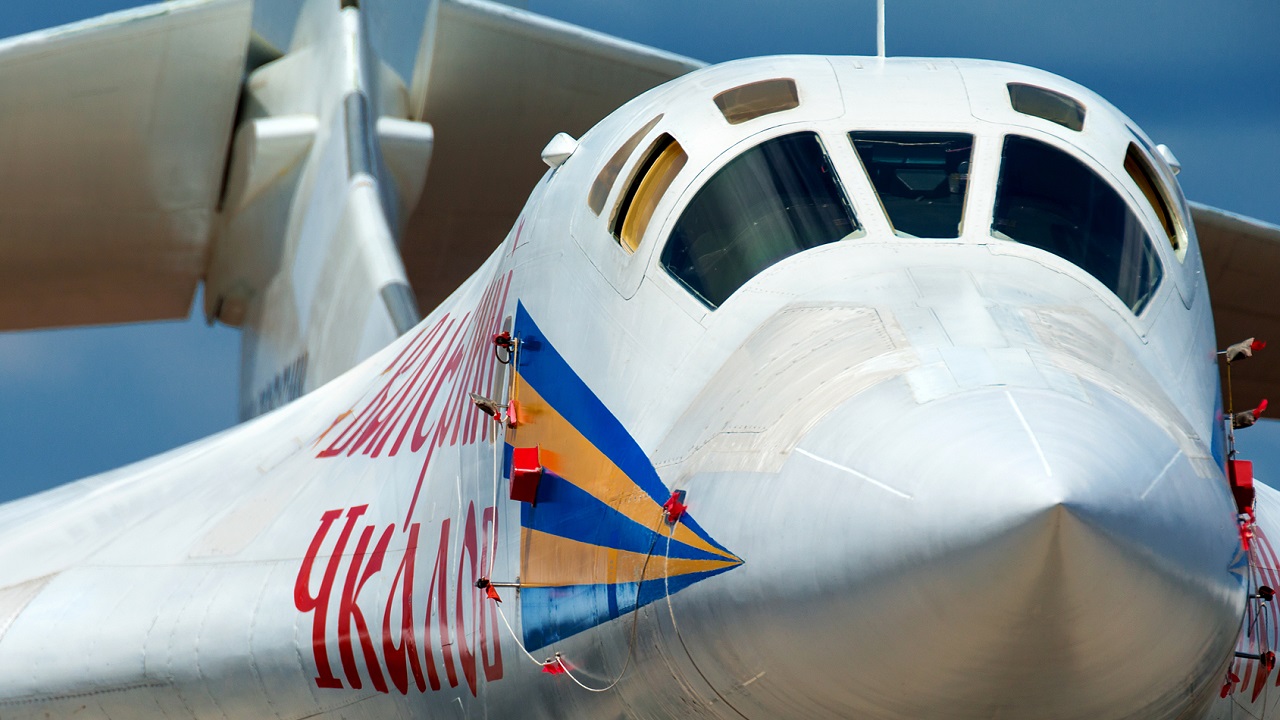Ukraine’s counteroffensive has yet to yield significant territorial gains, and it has not forced the Russians into collapse or a significant retreat.
A new Ukrainian effort is now developing that could pay significant dividends, but it is optimistic at this point to expect Ukrainian forces to win a decisive territorial victory over the 2023 summer-fall campaign season.
What does this mean for the future of a war that neither Kyiv nor Moscow seem eager to end?
The Course of the Offensive
There is near-universal agreement among analysts that Russia’s well prepared defenses along the line of contact have stymied Ukrainian progress. These defenses include minefields and trenches backed by armor and artillery. The Ukrainians have especially struggled to deal with the minefields, as mine-clearance vehicles and teams quickly come under fire from Russian armor and artillery. This has foreclosed any serious breakthroughs, even as Ukrainian forces have made incremental gains in some important areas.
Ukrainian forces have also struggled to adopt Western doctrinal concepts regarding the simultaneous and flexible employment of forces on offense. These concepts run counter to longstanding Soviet military practices. Even this far into the war, culture eats strategy. For their part, the Russians have fought effectively on defense, and no major Russian formations have routed or collapsed in any notable way.
The Ukraine War Will Continue
While the lack of substantial territorial gains thus far is disappointing, it should not be a surprise that the offensive will likely fail to end the war. As Michael Kofman and Rob Lee have argued, Ukraine’s counteroffensive was unlikely to be the war’s final chapter even if it proved wildly successful. There is little reason to believe that Russia would accept the battlefield verdict, giving up the other aspects of its war or abandoning its designs on Ukrainian territory.
Not all progress is measured in square miles. There is real evidence that Ukraine is brutally attriting Russian artillery, narrowing and in some cases eliminating the artillery gap between the two countries. While casualties during an offensive will almost always be significant, the transfer of equipment such as Bradley Fighting Vehicles has improved the survival chances of Ukrainian personnel. Soldiers who live to fight another day will generally fight more effectively the second time around, incorporating new lessons into their approaches. Ukraine continues to receive munitions and vehicles from the West, including cluster munitions transferred directly from the U.S. These will allow Ukraine to keep the pressure on Russian lines for the rest of the year at least.
What Comes Now
Russia’s defense is holding behind effective, well designed entrenchments, and thus far has prevented Ukraine from accomplishing any significant breakthroughs along the front. But Russia’s position remains precarious. Maintaining an effective defensive line is expensive, especially as Ukrainian stand-off weapons wreak havoc on Russian artillery, ammo dumps, and motor vehicle pools. Russia’s manpower is substantial but not infinite, and Moscow faces the prospect of another unpopular mobilization. Anything can happen in war, and of course Russia might find a way to renew offensive maneuver combat, but its prospects for additional gains look grim. It is surely easier to fight on the defensive than the offensive, but over time, defending the same positions with little prospect for relief or improvement can be devastating for morale. Russian industry cannot replace the equipment it has lost at the front, and despite its overall population advantage, Russia does not seem able to manage its manpower as effectively as Ukraine. Russia has already expended its opening advantages in vehicles, artillery, and munitions.
This is the difficult situation that Russia finds itself in. The pro-Ukrainian coalition in the West does not appear to be on the verge of cracking, and the U.S. presidential election is 18 long months away. F-16s and other “wonder weapons” probably won’t shift the balance of the conflict in the short term, but they surely undercut Russian hopes that Ukraine will relent or the West will cease its support.
Looking forward, Ukraine’s armed forces will become more effective and more technologically advanced every day. Russia’s armed forces will become less effective and less technologically advanced every day, unless Moscow can find support from abroad. The going may be slow, but the balance of advantage is tilting in Ukraine’s favor.
Author Expertise
Dr. Robert Farley has taught security and diplomacy courses at the Patterson School since 2005. He received his BS from the University of Oregon in 1997, and his Ph. D. from the University of Washington in 2004. Dr. Farley is the author of Grounded: The Case for Abolishing the United States Air Force (University Press of Kentucky, 2014), the Battleship Book (Wildside, 2016), Patents for Power: Intellectual Property Law and the Diffusion of Military Technology (University of Chicago, 2020), and most recently Waging War with Gold: National Security and the Finance Domain Across the Ages (Lynne Rienner, 2023). He has contributed extensively to a number of journals and magazines, including the National Interest, the Diplomat: APAC, World Politics Review, and the American Prospect. Dr. Farley is also a founder and senior editor of Lawyers, Guns and Money.
From 19FortyFive

